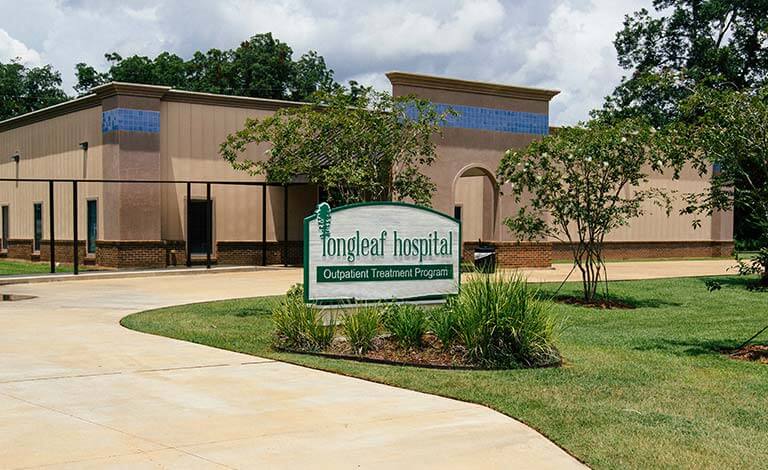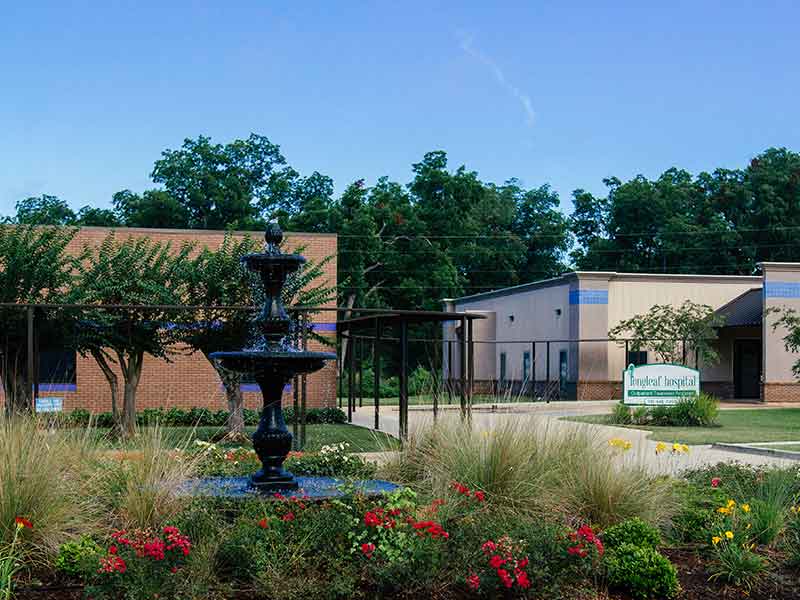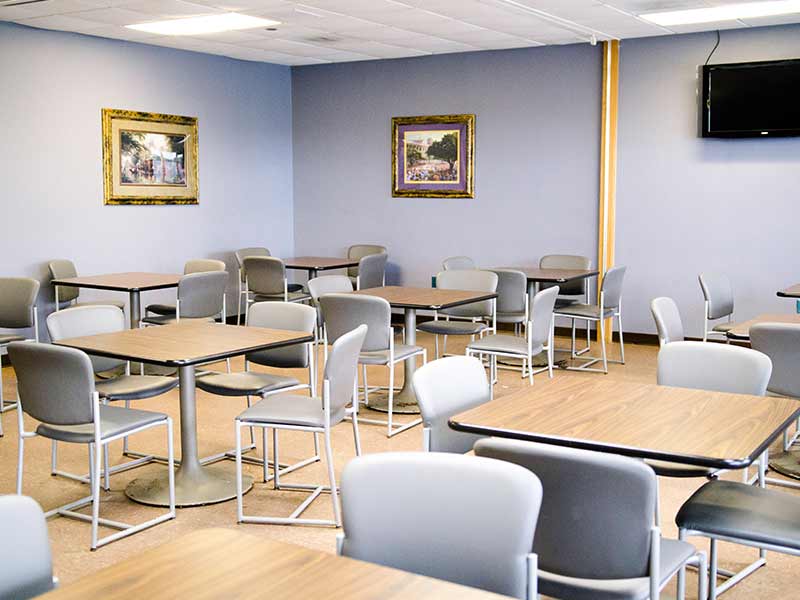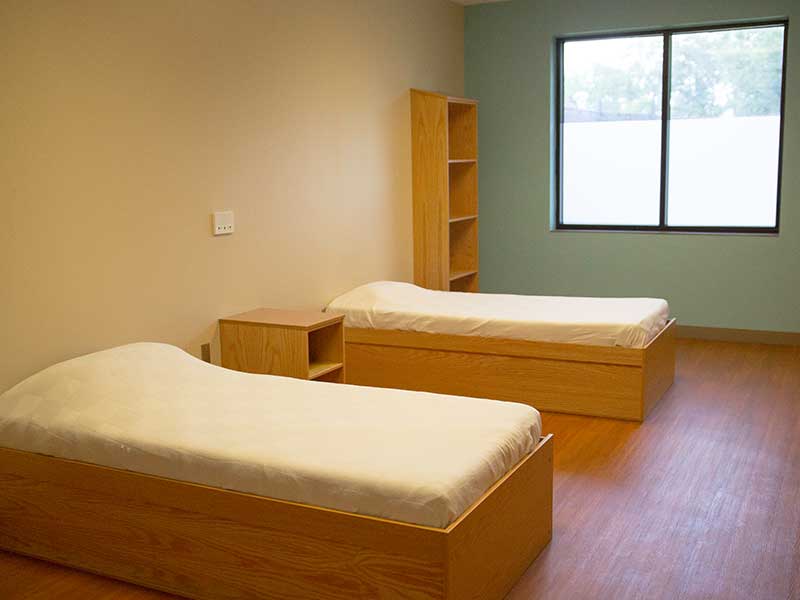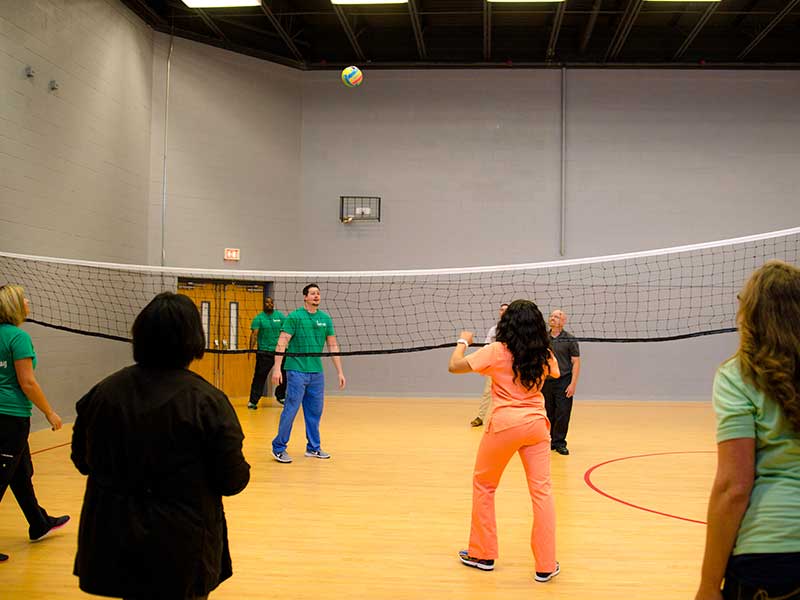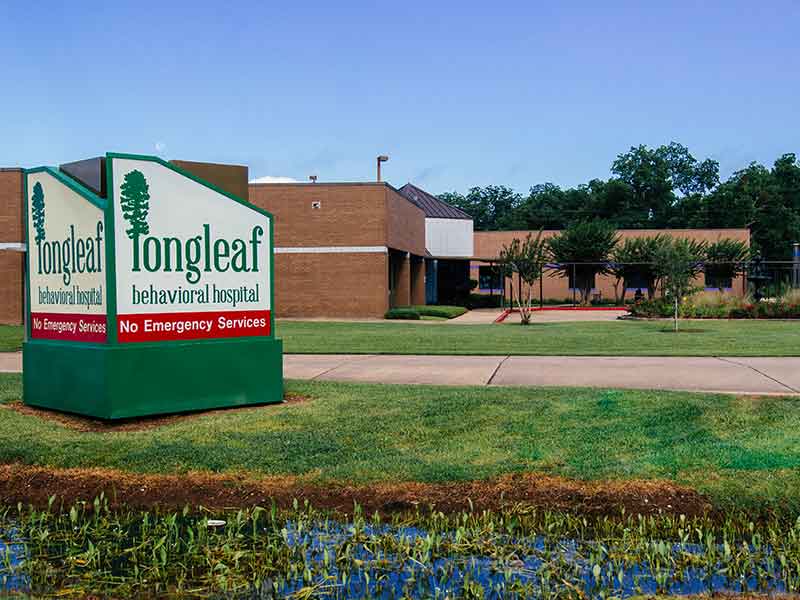The summer of 2016 was a difficult one for residents of Louisiana. The flooding that occurred there devastated homes and businesses throughout the area, and despite several months having passed, many residents are still reeling from the natural disaster.
As the holidays approach, rates of depression and anxiety are spiking in flood-affected areas, with local physicians and therapists anticipating an increased need for mental health services in the future. Experts state that feelings of sadness are a normal response to losing one’s home or business and that anyone experience housing instability will likely experience a fair amount of anxiety.
But when these feelings fail to pass, even after the activating stressors have been resolved, it may be an indicator that an individual’s symptoms are clinically significant enough to signal that he or she has developed a mental health condition that may require professional help to treat.
Rain as a Trigger
Residents of Louisiana are still dealing with the tragic aftermath of extreme storms in many areas of the state. The legacy of Katrina and the August 2016 flooding in Baton Rouge continue to shape many aspects of life for residents of the state to this day.
For residents who have lived through these terrifying events, rain showers and cloudy skies might trigger a visceral response of anxiety due to their past experiences. For example, individuals who live in Central Louisiana might feel a sense of panic when they see the river levels begin to rise in their community, despite this being a common occurrence after several days of consecutive rain.
What is clear is that catastrophes like natural disasters damage more than property, fracturing the fiber of communities, and eroding the emotional and mental wellbeing of affected persons. Surviving traumatic events like storms and hurricanes can bring neighbors closer together, and serve to unite residents in a joint effort to rebuild. But these positive effects can be hindered when widespread storm-related depression and anxiety are apparent.
Cause for Concern
So how does one know the difference between normal feelings of sadness and the type of anxiety and depression that may require professional help?
Stephen Aguillard, clinical director of the Capital Area Human Services District, lists several factors, that if present in yourself or a loved one, may signal a cause for concern:
- Disturbed sleep patterns, either sleeping too much or too little
- Lack of balanced energy levels, either mania or fatigue
- Rising use of illicit substances such as alcohol or drugs
- Quick to anger, unusual outbursts
- Social isolation and refusing to accept help from others
- Disturbed cognition, confusion, an inability to focus or concentrate on the task at hand, memory impairments
If you or someone you care about has begun exhibiting some of the symptoms listed above, know that help is available in Louisiana. To learn more about how to connect with a therapist who can offer support, call the Capital Area Human Services District at (225) 925-1906 or contact THE PHONE, a 24-hour crisis support hotline for the Greater Baton Rouge Area, at (225) 924-3900.




